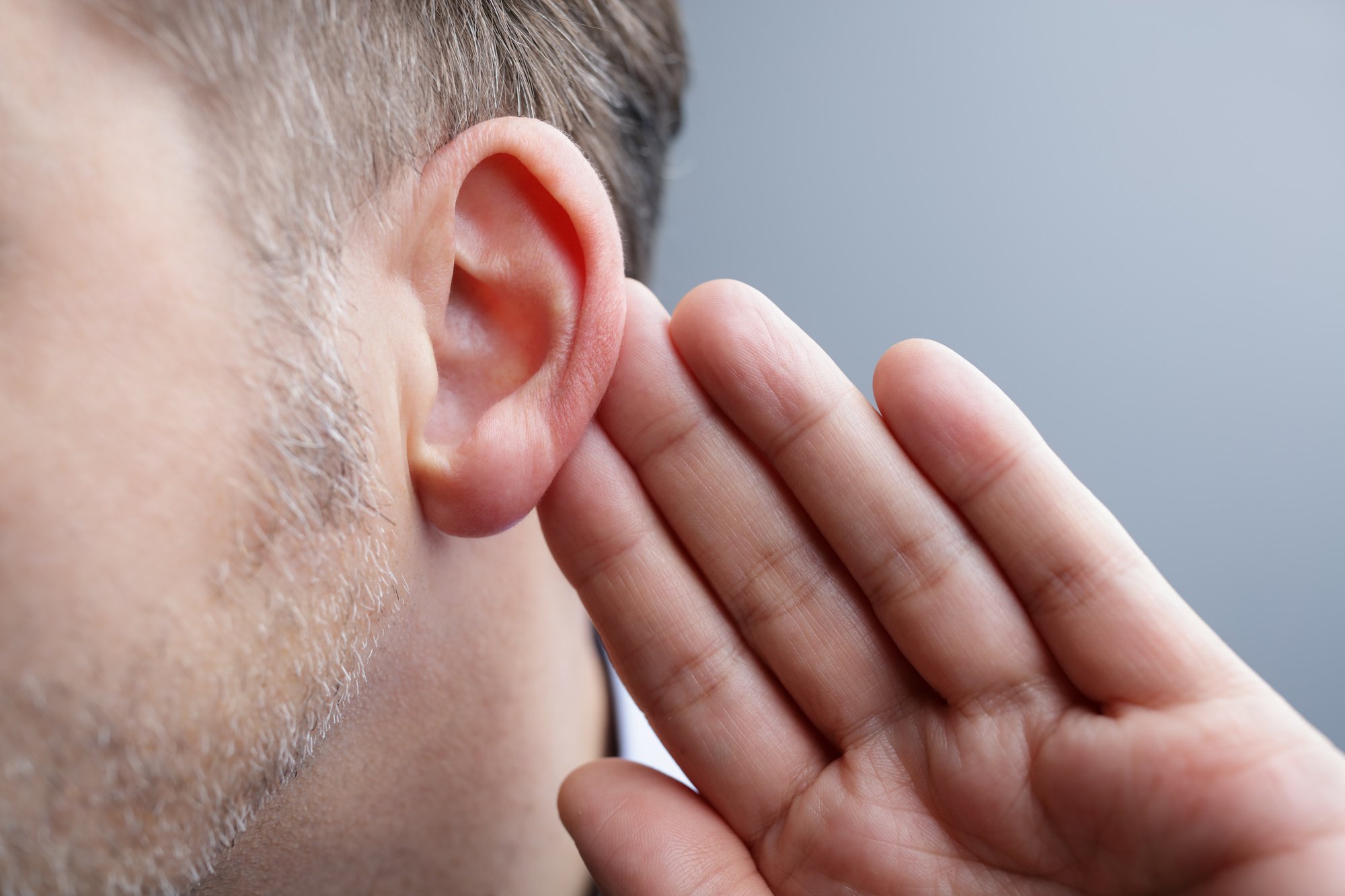What Are the Common Reasons For Ear Pain?

Ear pain can be brought on by an issue inside the ear, like an infection inside the middle or outer ear, or by a problem outside (on the ear) like sinus problems, TMJ, or a dental caries filled with fluid. Various other root causes of ear discomfort are exposure to loud sound or equipment, allergic reactions, and also a departed septum. Often, an earache results from an injury that has actually damaged the ear. Ear discomfort, if extreme, may be accompanied by queasiness, vomiting, fever, facial swelling or discomfort, and also frustration. Often it vanishes on its own in a day or more, especially if the root cause of ear discomfort is easier to treat than the ear is, for example, when a tooth is knocked senseless and also comes loosened inside the ear. When your medical professional has eliminated any significant clinical sources of ear pain, he'll possibly wish to do a follow-up exam to see what type of damage has actually happened.
Possible sources of loss of hearing can include damages to the eardrum, center ear bone, ear nerves, the auditory nerve itself, as well as problems associated with the temporomandibular joints (TMJ). If several of these problems is present, your medical professional will likely advise therapy. For possible sources of ear pain that have actually not yet been eliminated, your doctor might order extra tests. One of the first steps in treating ear pain caused by possible root causes of loss of hearing is doing a complete exam of the ear. Your doctor will normally begin by asking you to squeeze your jaw as difficult as feasible and after that to move your head side to side while counting to 5. Your doctor may also ask you to turn your head onward and afterwards flex it into the direction of the head and also pay attention to your ears. He may also wish to poke and also push the ear drums with his fingers. These easy examinations, plus your answers to inquiries about your medical history and signs and symptoms, will certainly aid your doctor identify whether your problem is likely to be caused by one of a number of different conditions. Otitis media, or ear infection, is just one of the most common reasons for ear discomfort. Otitis media is a swelling of the center ear, normally in the part called the adamicum, which links the center ear to the mind as well as back to the throat. Discover more now if you are wondering: 'can tmj cause ear pain?'
Ear infection can arise from direct exposure to germs called microorganisms or viruses, from the buildup of earwax, from an irregular development of liquid inside the center ear, or from extreme ear infections or from allergies. Ear discomfort brought on by tympanum inflammation, middle ear bone issues, sinus infection or viral infections may be the result of otitis media. If you experience discomfort in your ears when you shut your mouth or when you hold something in your hand, you most likely are experiencing otitis media. Therapy for ear discomfort caused by otitis media involves eliminating the potentially infectious liquid and fixing the harmed ear drum. One more kind of earache is triggered by troubles coming from with the nerves that link the ears to the mind. In these instances, the issue is often with the mind itself instead of with the tympanums, as the ears usually have nothing to do with the nerve connections. Individuals experiencing central acoustic system (CAS) hearing loss, as an example, might have earaches. Continue to read more here about ear pain.
The symptoms of central auditory system (CAS) hearing loss consist of loss of hearing feeling when a person talks or when songs is played in the ear. Ear pain caused by middle ear liquid buildup is extra rare and may not need therapy. Although middle ear fluid buildup is the outcome of infection, it is often triggered by liquid accumulation from other reasons such as an accumulation of wax in the center ear cavity. Treatment for ear pain brought on by middle ear fluid accumulation includes removing the possible source of infection, reducing the swelling in the middle ear dental caries as well as taking anti-inflammatory or antifungal drug if needed. This link: expounds more about this article. Read more content related to this article here: https://www.britannica.com/science/ear.
